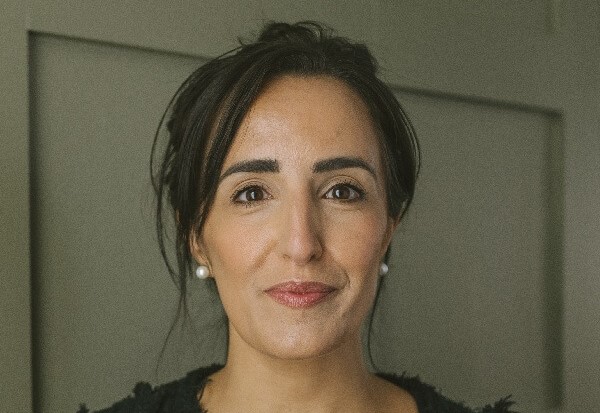This case is a great reminder of the need to scrutinise how realistic proposed kinship placements are, even in circumstances were there has been positive assessment, and not to fall into the trap of pursuing a family placement to beyond the point at which it ceases to be a realistic placement option.
Summary of the relevant facts:
- This case involved an appeal against a Placement Order made in January 2025. By the time of the appeal the proceedings had been ongoing for 62 weeks.
- M is an 18-month-old boy who is a British Citizen and is of British/Asian ethnicity.
- During the course of proceedings, the mother put forward her sister and brother-in-law to care for M. They live in Pakistan with their three children. At some point during the proceedings the kinship carers were granted party status.
- A CFAB assessment was carried out and received in April 2024. That assessment highlighted a number of strengths and challenges that the carers would face. The assessment concluded that the carers could care for M if they were provided with financial support but in the absence of financial support placement with the aunt and uncle was not recommenced. The assessor set out a number of conditions that needed to be fulfilled in order for M to be placed in Pakistan including resolution of M’s legal status so that he could remain in Pakistan whilst retaining his British Citizenship and the necessity of mirror orders.
- It was clear to the parties that further assessment of the family would need to take place in the UK and M needed to be introduced to the family when they travelled the UK. The local authority had sought to support the family with obtaining passports and visas but the process of transferring money to bank accounts was complicated and caused some delay. By June 2024 the family still didn’t have travel documents and in August the family still hadn’t been able to access the funds sent by the local authority to support their application.
- Later in August 2024 the local authority had concluded that M’s need for permanency would be a plan for adoption.
- By the time of the final hearing visas had not been obtained and the practicalities for the family coming over to the UK from Pakistan for further assessment had not been planned for. The aunt and uncle, supported by the parents, sought further delay to put into effect what the LA had been actively pursuing up until August i.e. further assessment of them in UK. The court at first instance considered that the plan to place M with the aunt and uncle was ‘fraught with uncertainties’ including visas, funding delay and mirror orders. The Court refused the application to adjourn for further assessment and concluded that Care and Placement orders should be made
The Appeal
- The main thrust of the appeal was that the Judge was wrong to conclude that there was a real possibility that the full assessment would be negative and that the Judge failed to consider whether a robust and focussed timetable could have been imposed to lead to an expeditious resolution of the proceedings following further assessment of the aunt and uncle.
- King LJ giving the lead judgment considered that there were ‘a myriad of reasons’ why the plan to place in Pakistan might fail and that the judge was bound to have the fact that the assessment might not be successful at the forefront of her mind.
- The Court of Appeal refers to the importance of remembering that there is no presumption or right for a child to be brought up by a member of his or her natural family [reference to Re W (A Child) (Adoption: Grandparents Competing Claims) [2016] EWCA Civ 793].
- The Court of Appeal considered the circumstances in which an extension to the timetable can be granted. In this case there were a number of factors that were beyond the Judge’s control for example acquiring visas from the Home Office.
- The appeal was dismissed.
- In her concluding remarks King LJ says at para 66:
“In my judgment for all the reasons set out above, I would endorse the judge’s observation that the decision was a difficult one but not a finely balanced one. What made it difficult was that the hopes of the family, and particularly the aunt and uncle, had been raised and then maintained long after a decision should have been reached that, for many reasons in addition to delay, the aspiration to place M with his extended family in Pakistan was not achievable within his timescales and that M’s best interests could only be served by the making of a placement order with a view to his being adopted in the UK.”
Discussion
In practice what Re M tells us is that on receipt of kinship assessments, and in particular assessment of kinship carers who live abroad, careful scrutiny is needed to establish whether they really do represent a realistic placement option for the subject child.
In this case the social worker was complimented for her reflective evidence during which she had accepted that she had become too focussed on meeting M’s identity needs and his need to be placed within the family if possible at the expense of looking at his holistic welfare needs including the need for permanence without harmful delay.
We’ve all been involved in cases where the practical difficulties of assessing kinship carers who live abroad have caused delay in the proceedings, sometimes purposeful and sometimes not. In cases where proposed carers live abroad and there are obstacles such as visas/passports/finances/language barriers/navigating foreign legal systems to overcome one needs to really consider whether this is a path that is worth pursuing or is it simply one that is going to result is delay with very little likelihood of success.


